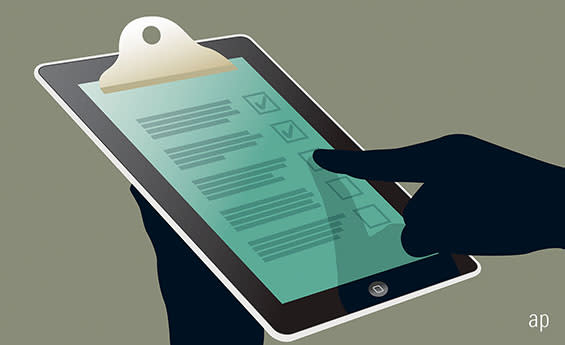Common Money Mistakes and How to Avoid Them

The world of finance can be a difficult one to get to grips with – it can often feel as though the rules around taxes and pensions are constantly changing. It’s common to have misconceptions about important money moments – here are some of the ones everyone should know:
You may have to pay tax on your pension income
Pensions are billed as a tax-free way to save for retirement, but it’s not as simple as that. With pensions you pay no tax on the money you save, but you do pay tax at your usual marginal rate when you come to draw the money out as income. Pensions are the opposite to ISAs in that respect – with ISAs you have paid tax on the money you save into the account but the money you take out is tax-free.
Research from L&G shows that more than one in four people are unaware they will be taxed on their pension savings. This money mistake could leave people with a shortfall in retirement if they are not taking their tax bill into account when planning how much they will need to have set aside to live on comfortably. Some 21% of more than 2,000 people surveyed said they would be “shocked” at having to pay tax on their pension.
Emma Byron, manager director at Legal & General Retail Retirement Income, says: “Many customers don’t know about some of the fundamental factors that can impact how much money we have in retirement – tax is one of these.”
You need travel insurance – even in the UK
Travel insurance is something that is usually on the to-do list for a trip overseas, but even those who opt for a staycation should consider taking out a policy. Between laptops, tablets and mobile phones, many holidaymakers are carrying thousands of pounds worth of kit around with them, even on a weekend break, and a lot of home insurance policies will not protect your possessions away from the home.
However, most annual travel insurances policies will cover a staycation. Typically, medical treatment is excluded but travel, accommodation and other pre-paid costs are. Martyn John, expert at GoCompare, adds: “A staycation can still be expensive so families should check on their existing insurance policies whether they are covered if they need to cancel or cut-short their holiday at short notice.”
You need a will even if you’re married
Many married couples assume they don’t need a will because their estate will automatically pass to their partner when they die. But advisers say it’s crucial to have a will to ensure your estate is distributed according to your wishes. If you die without a will – known as intestate – the process of passing on your wealth can be a lot longer and more complicated, at an already distressing time for loved ones.
Free Wills Month – the next one is in March 2019 – offers those aged 55 and over an opportunity to get a will written for free. Advisers say you should review the document any time your circumstances change, such as if you have children or get divorced.
An ISA might not be the best savings account
Sensible savers may find their money is better off out of an ISA account. It may seem foolhardy not to make use of the annual £20,000 tax-free savings limit, but if you are saving into a cash account you can often find better rates outside of an ISA.
Patrick Connolly, chartered financial planner at Chase de Vere, points out that the Personal Savings Allowance means that most people still won’t pay tax on their savings. “Basic rate taxpayers can earn £1,000 of interest each year and higher rate payers can earn £500 before any savings income is liable to tax,” he explains. But when finding a home for your savings, it’s vital to check that your money is covered by the Financial Services Compensation Scheme (FSCS). This protects cash savings up to £85,000 if your bank or building society fails.
You might not be able to access your pension at 55
Pension freedoms introduced in 2015 have seen more people than ever before accessing their retirement savings at age 55 – but this option won’t be open to everyone. The minimum age at which you can access your pension savings will increase in line with the increase to the state pension age so that it always remains 10 years earlier, says Connolly.
The state pension age rises to 67 in April 2028, which means anyone born after 5 April 1977 won’t be able to access their pension until age 57. He adds: “When looking at your retirement planning it is important to understand when you’ll be able to access your pensions.” You can check your state pension age on the gov.uk website.
